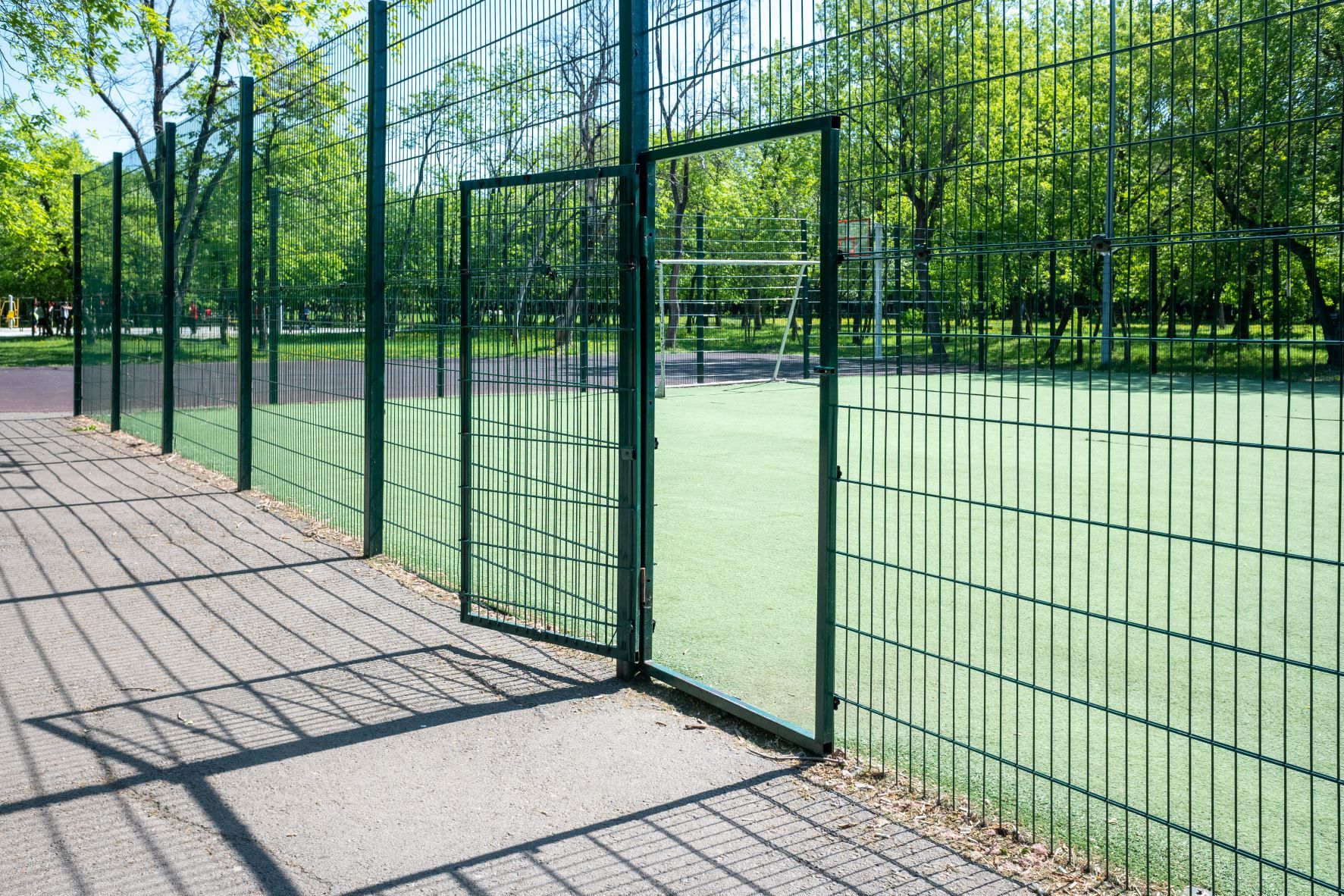How Long Do Turf Fields Last?
Read More

Prohibiting pets on your playing fields can be a touchy community subject, especially if regular dog walkers have a habit of frequenting the field. Along with potentially upsetting locals who use the field to exercise their pets, enforcing “no dogs allowed” rules can be complex if there are no supporting community laws or your field is on public property.
Whether or not you have the law working in your favor, taking action to protect your field from pets is a priority. Doing so prevents the need to repair artificial turf, replace the surface prematurely, and can minimize many other issues that arise when dogs are free to do as they please. While it may be easier to enforce “no pets allowed” rules on private property, there are still several steps you can take to encourage appropriate field use even if your facility operates within a public setting.
Despite their innocence and loveable nature, dogs destroy fields. It’s in their nature to dig, run, and relieve themselves on your recently installed turf. Not only can their playful routines damage the surface integrity, but dogs cause serious health risks for athletes and children. Their waste creates a breeding ground for bacteria, attracts insects, and accelerates the premature breakdown of nearly every surface material.
While it may seem harsh to enforce a no-dog policy, the safety of athletes, guests, and overall longevity of your field depends on it.
At every access point and strategic location throughout the field, high-visibility signs with a “No Dogs Allowed” indication can be effective. Additionally, on the signs or at a centralized information board, outline the specific reasons why you are enforcing a dog-free safety rule. While certain individuals may choose to ignore the signage, the vast majority of respectful dog owners will honor the signs if you explain why it is important.
If you can, you are installing fencing and gated access can further defend your field. Since you have clear signage posted at the entry point, no dog owner will be able to claim that they were unaware! Also, if the field is open to the public during certain hours or days of the week, a lockable gate can be an invaluable investment in your field safety plan.
To accommodate locals that love to go for walks with their dogs, perhaps you can allocate a partial section of the property as a dog zone. Dog owners will be happier, your sports fields are protected, and enforcing no-dog rules becomes less of a challenge.
If it’s already too late and the playful pups have already damaged your field, give our football field grass repair experts a call. We’ll help you organize a better protection plan, and can arrive quickly to restore the excellence and safety of your artificial grass field.